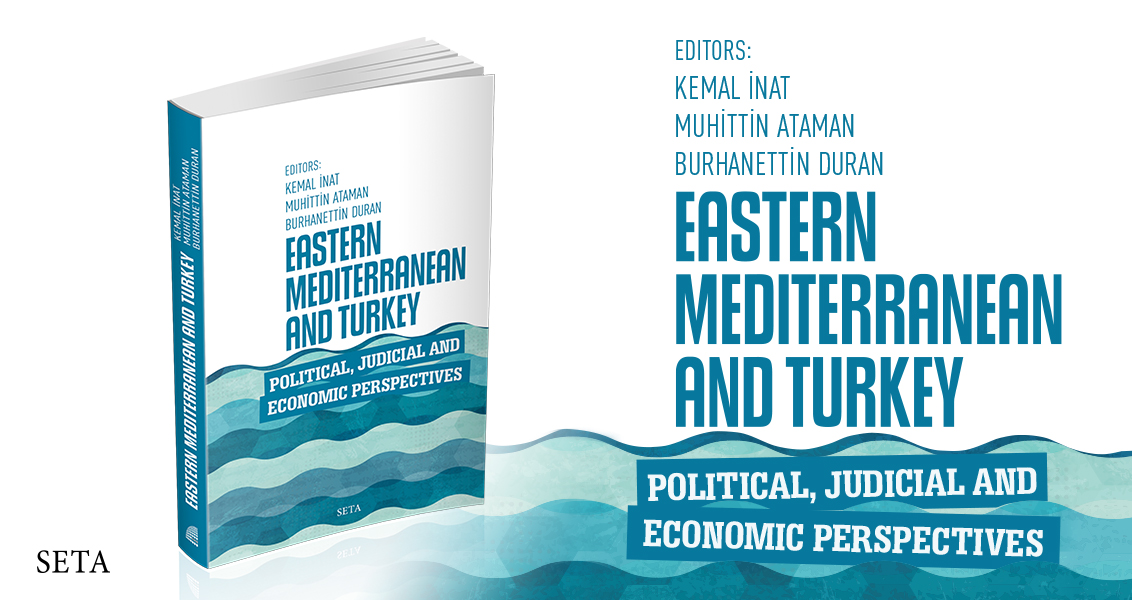The 2000/2001 crisis was one of the most catastrophic economic events ever experienced by Turkey. The crisis revealed the known - but somehow constantly ignored- fact that Turkey desperately needed a structural reform. Following this, Turkey experienced an intense reform process, which became a success story for many developing countries.
Since the fragility of the banking sector was considered to be a major cause of the crisis, policymakers gave priority to banking sector reforms. The Banking Regulation and Supervision Agency (BRSA) was mostly in charge of implementing and monitoring the banking system reforms. But, during this reform process, policymakers also worked on the functionality of the Central Bank of the Republic of Turkey (CBRT). The Central Bank Law was amended in April 2001. The primary objective of the CBRT was determined as achieving and maintaining price stability. This law fully authorized the CBRT to choose its monetary policy instruments in order to control inflation.
[Politics Today, April 11, 2016]









